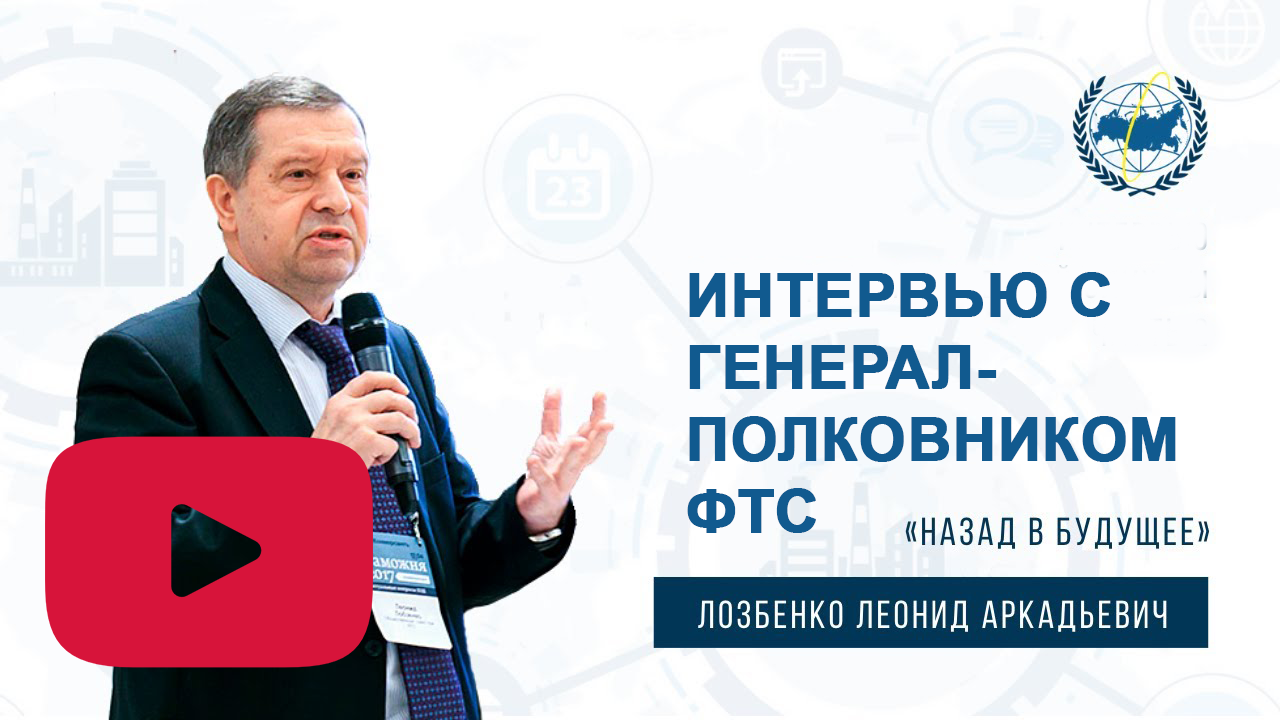
One of the priority directions of the development of the Russian Federation at present is the formation of the “digital economy”. Having a significant impact on the development of the economy, digital technologies provide, in general, the transformation of all spheres of society and the state.
For this purpose, a corresponding national program has been adopted in Russia. One of the objectives of this program is the introduction of digital technologies and platform solutions in the areas of public administration and the provision of public services, including in the interests of the population and small and medium-sized businesses. Vasiliev Roman Igorevich, General Director of LLC “Yuko Notifikat”, Candidate of Legal Sciences reports.
Assessing the activities of the bodies of state power of the Russian Federation, it should be admitted that in recent years their work in reality bears a pronounced shade of “digitalization”. The development of IT infrastructure has actually made many government services accessible and convenient, allowing citizens and legal entities to avoid unnecessary bureaucracy.
Against this background, it is surprising and disappointing at the same time that some government services have remained on the sidelines of the general trend.
One of such painful issues for the sphere of foreign economic activity is the issue of registration of notification.
Submission of documents for registration of notification in Russia is possible only on paper. In this regard, it becomes even more offensive from the fact that, for example, in Kazakhstan, as a member state of the EAEU, registration of notification has long been carried out through electronic document circulation.
A particular inconvenience to the notification registration procedure was introduced by the pandemic due to the introduced restrictions related to the requirements to reduce face-to-face contacts between citizens and officials.
If in “pre-pandemic” times it was possible to send a package of documents for registration of a notification on purpose, realizing that within 10 working days there is a chance to receive the necessary document, now documents for registration of a notification are accepted only by the Russian Post. A separate obstacle is the fact that documents are sent by mail only through the central office of the FSB of Russia to the Center for Licensing, Certification and Protection of State Secrets of the FSB of Russia (CLSZ of the FSB of Russia), as a unit directly performing the functions of registering notifications, which causes additional delays.
Considering this issue, it is also necessary to say a couple of words about the procedure for obtaining refusals by the CLSZ of the FSB of Russia, which also cannot but raise questions. So, if the coordinating body made a decision to refuse registration of the notification for any reason, then the response is sent to the applicant by the courier service at the address of his location. Seeing rationality in this order is extremely difficult.
As a result, at present, the actual period for registering a notification, taking into account the time of sending documents by mail, takes about a month. At the same time, according to the order of the Government on improving customs administration from 2012, by 2018, the deadline for preparing the documents necessary for going through all the procedures related to the movement of goods across the border should have been 7 days by 2018.
It is not entirely clear what caused the reluctance of officials to introduce electronic document circulation for registration of notifications, but the situation we described clearly illustrates the importance and objective necessity of the widespread introduction of electronic document circulation in the provision of public services. In this regard, one of the ways to solve this problem is the transfer of registration functions to another department, where the electronic document management is properly established.
Source: tks




